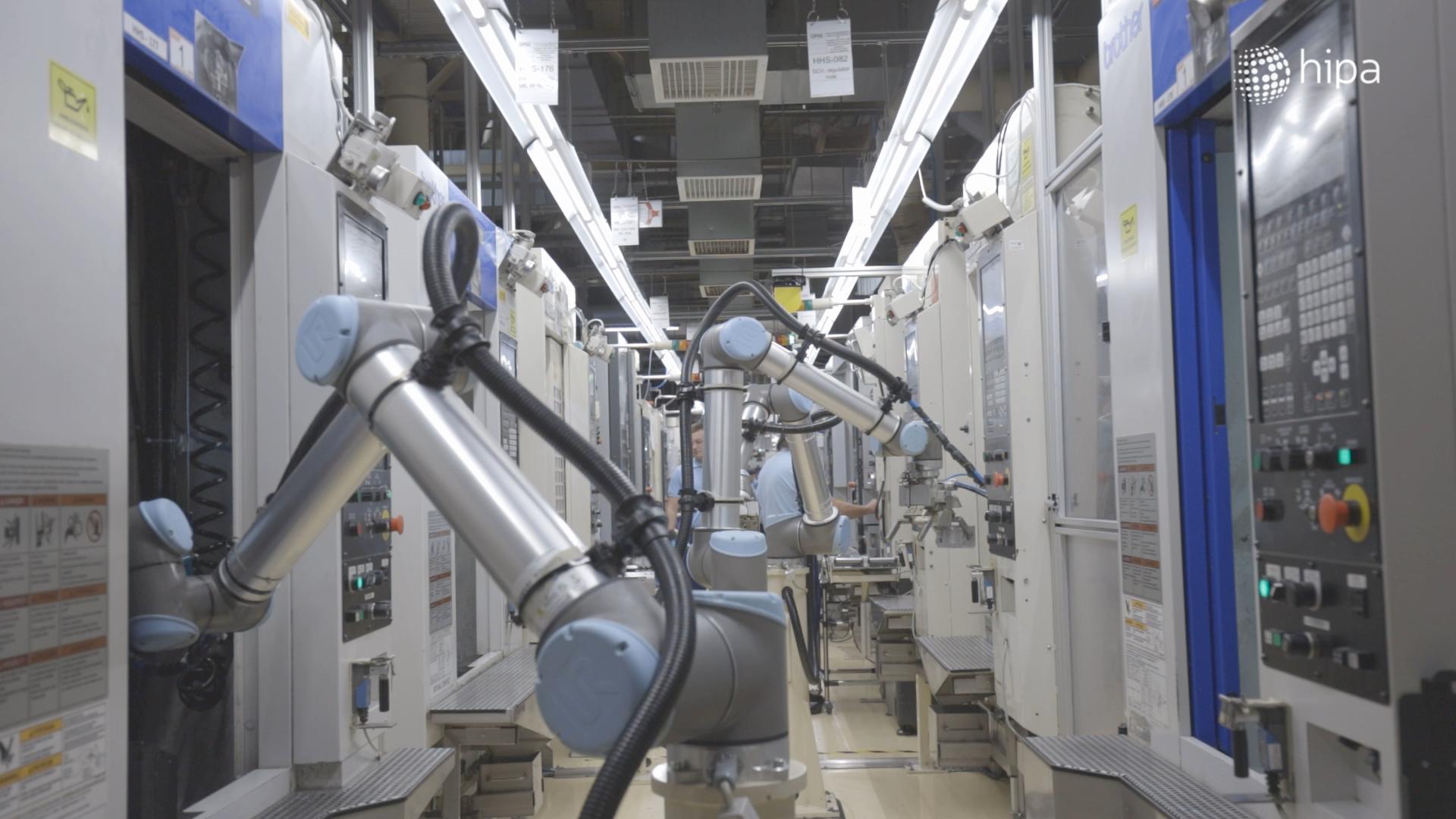
Denso's technology-intensive development has been completed in Székesfehérvár - VIDEO REPORT
2019. 09. 20.

Denso's latest investment is now over, which resulted in the modernisation and expansion of its vehicle component manufacturing activities. The EUR 65 million technology-intensive project has brought semi- and fully automated production lines to the plant in Székesfehérvár, raising not only the production volume but the flexibility, too.
Denso, whose tradition roots over 70 years, is one of the world's top automotive suppliers. The Japanese company is specialised, among others, in power transmission, electronics and safety systems, and has 211 representations in 35 countries, giving work to more than 172,000 people.
Denso has been present in Hungary, in Székesfehérvár since 1997. Its Hungarian plant manufactures fuel supply system components for the automotive industry, and produces system control units for camshafts and exhaust systems, relying on the expertise of over 4,000 employees. Key global partners of the Hungarian subsidiary involve General Motors, Volvo and the brands of the Volkswagen Group, while it considers Audi, Opel and Suzuki as its most important customers among domestic OEMs.
In the framework of this biannual development programme, which is coming to an end now, the company is expanding its vehicle component manufacturing activity in Székesfehérvár. The EUR 65 million investment is technology-intensive, which entails no increase in the number of employees. Instead, it builds on the purchase of extensive, high-standard semi- and fully automated production lines, thus contributing to Denso's successful adaptation to the ever more rapid changes in the industry. As the company announcement has stressed the major part of the developments was based on Hungarian ideas. They followed the concepts of Hungarian engineers, and were implemented through Hungarian suppliers, with Hungarian people's contribution.
Partly owing to this Denso development, today Japan is the most significant Asian investor for Hungary, and the second most important one outside Europe. Japanese companies play a crucial role in the growth of the Hungarian economy: around 160 Japanese companies give work to more than 33,000 people in the country.
Related articles
Sector articles
Feintool, a Swiss-owned leader in precision electrical steel and formed steel components manufacturing, is investing EUR 34.1 million to expand its Tokod facility in Hungary’s Esztergom district. The project will add 6,740 square meters to the existing plant, wi...
2024. 12. 17.
Automotive #AutomotiveChinese electric car manufacturer BYD first Hungarian Suppliers' Forum in Budapest attracted more than hundred domestic companies. At the two-day event, organised by HIPA Hungarian Investment Promotion Agency, Minister of Foreign Affairs and Trade Péter Szijjárt...
2024. 10. 16.
Automotive #AutomotiveSMR Automotive Mirror Technology Hungary Bt., a Motherson Group company, has announced to implement a EUR 33.3 million investment in Hungary. The Indian automotive supplier’s development aims to expand production and logistics capacities and install automation a...
2024. 06. 06.
Automotive #Automotive